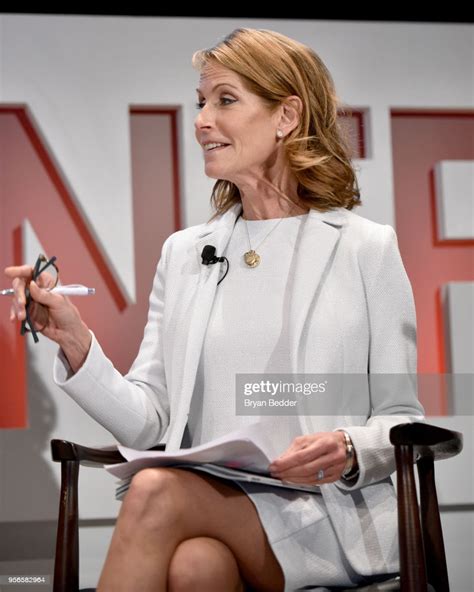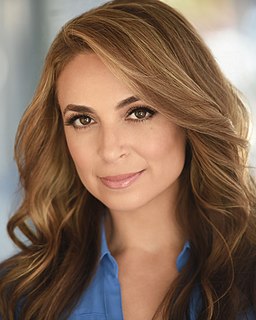A Quote by Sendhil Mullainathan
A few drugs - such as beta-blockers, statins and glycogen control medications - have proved very effective at managing hypertension, heart disease, diabetes and strokes. Most insurance plans charge something for them. Why not make drugs like these free? Not for everyone, but just the groups for whom they are provably effective.
Related Quotes
I want to make it clear, though, that I am not trying to say these are bad drugs. Opioid medications in the short term for severe pain are very effective. The problem is when they are used for long-term chronic pain. No one wants anyone to suffer and be in pain. But realize how addictive these drugs are and get off of them as quickly as you can. So 'Warning: This Drug May Kill You' is really more about educating people about these drugs so that everyone can make their own decision about their pain versus the addictive nature of these drugs.
Women should use pain medication only as directed and talk with their doctor about all drugs they're taking, including over-the-counter medications. Store prescription drugs in a secure place and properly dispose of them as soon as treatment is over. And never share prescription drugs with anyone else.
There are people - I think this is why there are so many commercial directors doing well in big studio movies, for whom it's not a personal choice - it's "What's the coolest, most effective way to make them laugh, make them scream?" It's a very calculated approach. And that's different. It's not better or worse. It's just a very different approach to filmmaking. That's always been the case.
We hope that there will be nothing that conflicts with anybody's religion or faith. We would never say a person's religion is not effective. We say, 'Would you be interested in something more effective?' We always put things in an optimistic, progressive perspective. 'Do you want to make your prayers more effective? Not that they are not effective, but do you want to help them become more effective?'





































